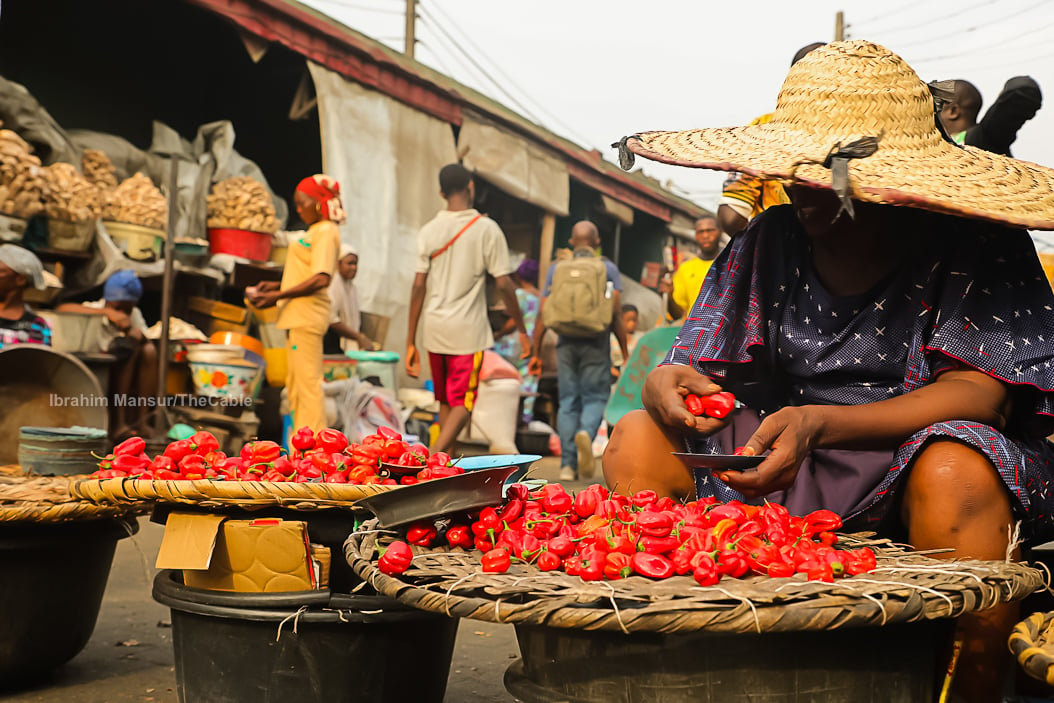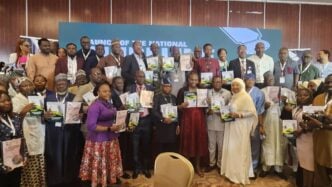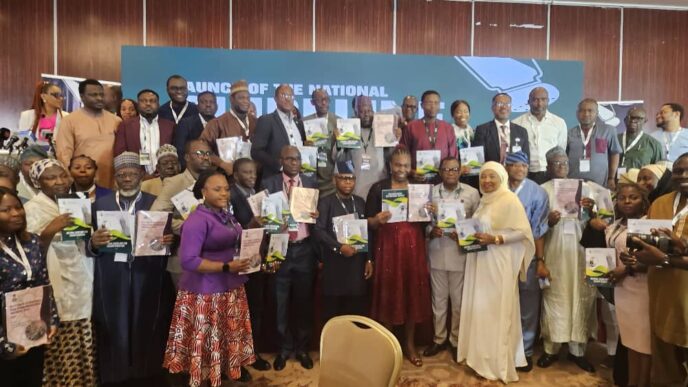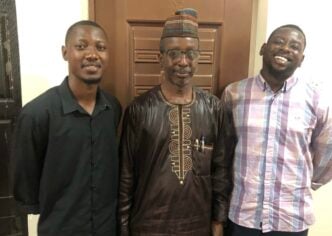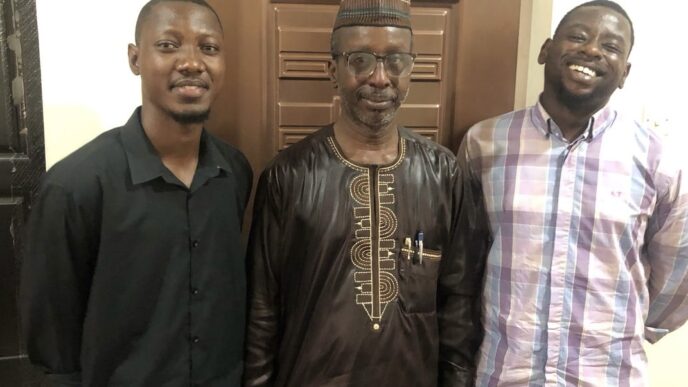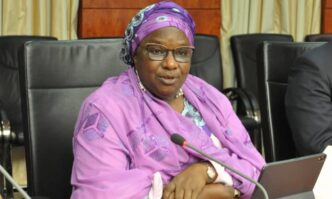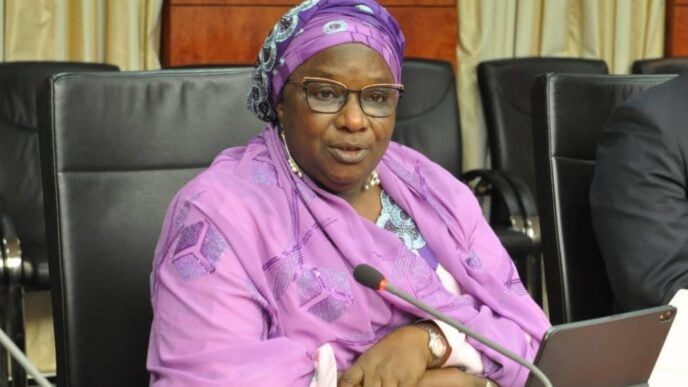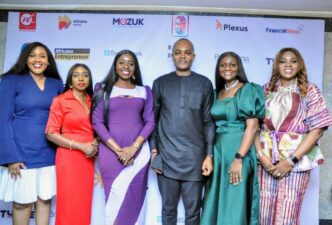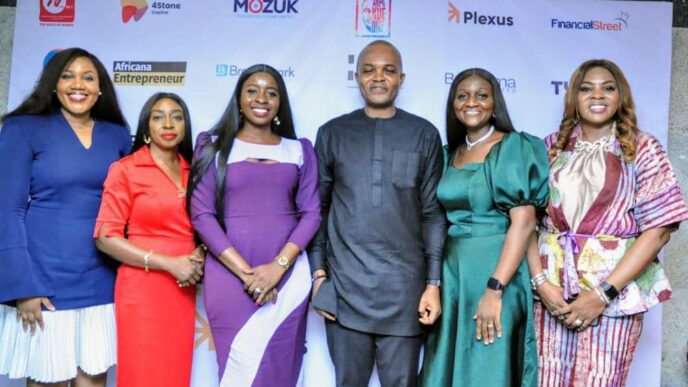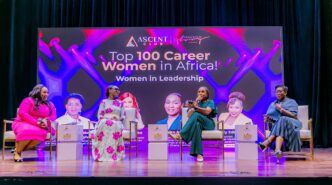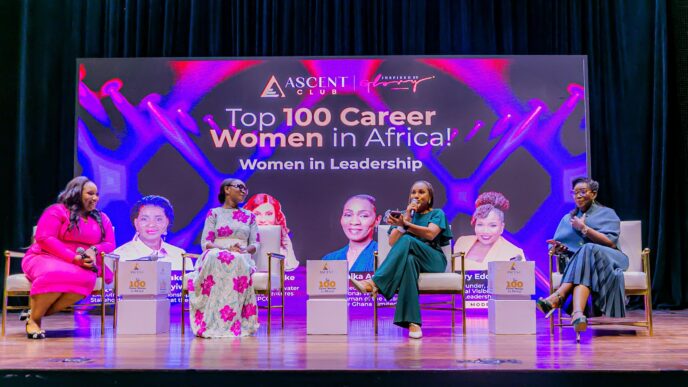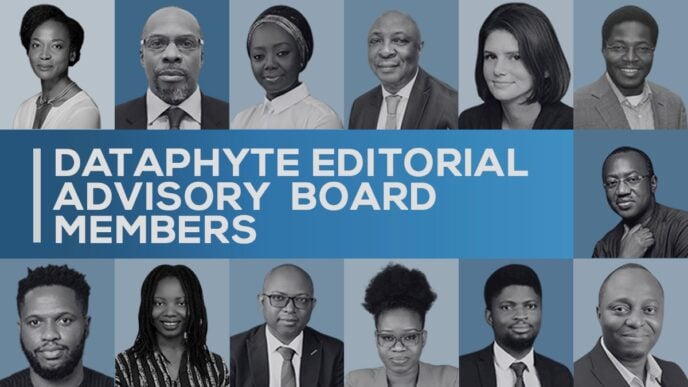A study by the Bill & Melinda Gates Foundation has revealed that financial constraints remain the biggest barrier to women’s economic empowerment in Nigeria and Kenya.
The research, conducted in collaboration with the White Ribbon Alliance and local partners, Nigeria Health Watch and Rural Women Peace Link in Kenya, surveyed 200,000 women aged 15 to 55.
The findings show that 62 percent of Nigerian women and 64 percent of Kenyan women identify a lack of start-up capital or equipment as their biggest obstacle to achieving their economic ambitions. In both countries, business ownership ranks as the top goal for many women.
In Nigeria, 34 percent of women aspire to start or expand a business, followed by 17 percent interested in beauty and apparel and 15 percent in agriculture. Similarly, in Kenya, 28 percent of women want to own a business, with 26 percent focused on farming, fishing, and livestock.
Advertisement
While financial constraints dominate, the study highlights other significant barriers. In Kenya, after funding, 12 percent of women cite a lack of education and training, followed by 9 percent struggling with job availability, profit margins, and time constraints.
In Nigeria, 12 percent also face job availability and profitability challenges, while eight percent report a lack of family support or sponsorship.
Structural issues—including power dynamics, discrimination, insecurity, government policies, and limited access to land—were also identified, though at lower percentages.
Advertisement
WHAT WOMEN NEED
Across both countries, women overwhelmingly demand financial assistance and sponsorship as the most critical support for economic success. 41 percent of Nigerian women and 45 percent of Kenyan women call for improved access to start-up capital or equipment.
Additionally, 31 percent of Nigerian women and 28 percent of Kenyan women want greater family support or sponsorship.
Other key needs include education and training, better job opportunities, and policy changes to create a more enabling business environment.
Advertisement
WHAT NEEDS TO CHANGE
In an interview with TheCable, Osasu Igbinedion, founder of TOS Group, said financial constraints are only part of the problem.
She noted that without structured funding programmes, training, and mentorship, women will remain locked out of economic opportunities.
“Dedicated women’s business funds offering low-interest loans and simplified collateral requirements, as many women lack land or assets for traditional loans, and expanding access to grants and micro-finance programmes, which have been effective in providing initial capital, would go a long way in addressing these challenges,” she said.
Advertisement
Beyond funding, she pointed to the need for business training and digital literacy programmes to help women sustain and expand their businesses.
“Lack of training and mentorship is the third biggest challenge for women. Business development training, digital literacy programmes, and mentorship from successful entrepreneurs can equip women with the skills needed to sustain and expand their businesses,” she added.
Advertisement
Fifehan Osinkanlu, founder of Eden Venture Group, echoed these sentiments in another interview, advocating for policy reforms and financial inclusion strategies that prioritise women.
She highlighted the role of cultural attitudes in shaping women’s economic opportunities and called for greater visibility of female entrepreneurs to inspire change.
Advertisement
“Changing cultural attitudes starts with telling more stories of successful women entrepreneurs—showing what’s possible can inspire change. It also means getting men involved—husbands, fathers, and community leaders play a huge role in shaping societal expectations, and their support can make a real difference,” she said.
“Beyond that, policy changes matter too. When governments introduce things like tax incentives for female-led businesses, they’re not just supporting women financially; they’re sending a message that women’s economic independence is the norm, not the exception.”
Advertisement
Osinkanlu called for regulatory changes that encourage gender-sensitive lending and ensure financial institutions actively support women-owned businesses.
To make real progress, she noted that governments must set gender-based lending targets and create guarantee schemes that reduce the risk for banks lending to women entrepreneurs.
She cited promising initiatives in Nigeria, such as the Dangote and BOI Fund, Access Bank’s W Power Loan Fund, FCMB’s gender loans, and Sterling Bank’s Women in Agri-Business Fund, but stressed the need for stronger policies and easier loan application processes.
For real progress, Osinkanlu emphasised the need for collaboration between local leaders, advocacy groups, and international organisations to create long-term economic opportunities for women.
“Local leaders, advocacy groups, and international organisations need to work together, not in silos. Local leaders set the tone by creating policies that support women’s businesses and ensuring they have access to opportunities in their communities,” she added.
“Advocacy groups push for better policies, fairer funding, and real change while also providing training and mentorship. International organisations bring in resources, expertise, and funding to scale up what’s already working.”
